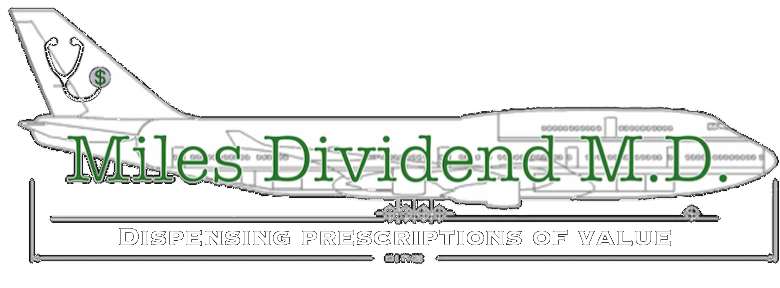I’m glad I’m not a salesman. If I were, my children might look up at me each night with hungry eyes while pleading for another bowl of porridge.
My son, If I were a salesman
I’m the argumentative sort, even with myself. So when I make a case for something I convince myself to take the worst case valuation of my argument and run with it.
I guess I’d rather be accused of being a melancholic killjoy, then of being an opportunistic shyster.
But the point is that there are some really nice advantages to early retirement that I haven’t spent much time dwelling on.
One that occurred to me just before I passed out on the couch last night while formulating a blog post, was that I might get more sleep if I were retired.
But more to the point, there are a lot of economic advantages to early retirement that I can foresee.
One obvious economic advantage has already been covered, of course. Not paying taxes on retirement income is a powerful boost to the spending power of each dollar. $35,000 a year and $35,000 a year tax-free are by no means the same number.
Another advantage, though, is that working is just plain expensive.
Just to work, often you must have a suitable wardrobe, transportation to get you back-and-forth from work (Gas, car purchase, insurance, upkeep…), fast computers and smart phones, Job specific equipment, etc.
Furthermore the time spent at work often limits the amount of time available to get other stuff done, like home maintenance, car upkeep, etc. This creates an incentive to get the work done in the most efficient manner possible, namely hiring other specialized people to do the work for you.
And then there’s the insurance. I currently spend over $1000 a month on two different disability insurance policies as well as multiple term life insurance policies.
I think this is the right thing to do. My families economic future very much depends on my ability to keep on working (and living.) Thus the devastating effects of an early death or disability need to be hedged against, as much of my wealth takes the form of future earnings.
But most insurance is usually a bad deal. If Insurance companies gave out more money then they brought in, then not only would they not be incredibly profitable (as they are,) but they would cease to exist.
This of course means that each time you buy an insurance policy, probability states that you are going to lose money on the proposition.
And the minute I have reached financial independence, of course, life insurance and disability insurance become completely unnecessary.
In retirement I will also surely eat out much less and cook at home much more.
With more free time, entertainment could be more expensive, but some of the free time will be spent just tending to my life. (Growing vegetables, changing oil on my car, home maintenance and repairs.)
And more time will mean more opportunity to create things. I should have more time for writing, and drawing, and reading, and traveling (with miles of course.) All of which are cheaper than working.
Even expensive hobbies like golf and skiing are much less expensive when you have more time to burn. Weekday seasons passes to ski resorts are a great value. And one can often get a part-time job at a golf course just for the free golf it provides.
And there are plenty of other examples.
Do you currently belong to a gym so that you can squeeze in 30 minute workouts before or after work? If time were no issue, wouldn’t it make more sense just to bike everywhere and come up with a self-directed exercise program?
Do you feel pressured to purchase certain things in order to fit in with the common image of your current occupation? (You know, like pitchforks and horns for you lawyers…)
I’m so excited, I passed the Bar!
Is your social life tied in with your career? And if so, are you spending for money and time and things that do not truly bring you fulfillment?
But even considering all of these questions, I still think it makes sense to calculate your percentage of take-home pay, your consequent retirement horizon, and required retirement nest egg using the methodology already discussed.
This will give you the best chance of under promising and over delivering on your own early retirement.
Besides, sleep is overrated.


